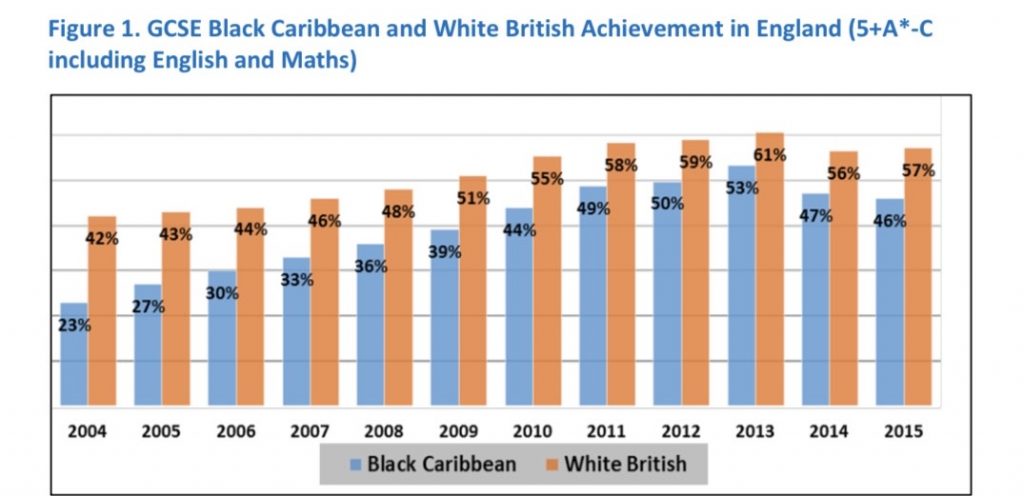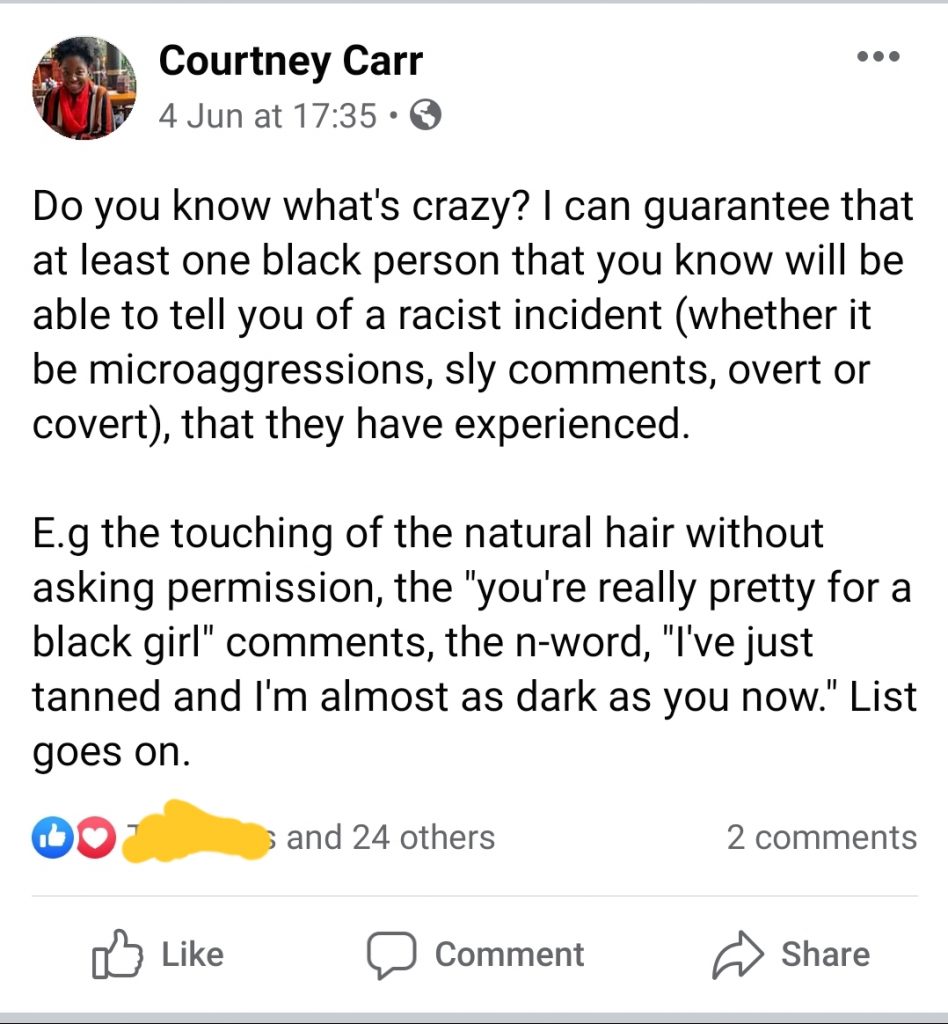The death of George Floyd at the hands of former police officer Derek Chauvin has rocked the world, sparking protests across all 50 states of America and other countries – even in the UK. Protesting and speaking out are vital tools for change in regards to racism, but we also cannot ignore the importance of education. Whose responsibility is it; the oppressors, the oppressed, or the people in between?
Protests work – after just over 2 weeks of mostly organised and peaceful protests, with rare incidents of violent eruptions, real signs of change are being seen. For example, former officer Chauvin’s charges were escalated from third-degree murder and manslaughter to that of the second-degree. Although we cannot say that this happened because of protests and campaigning, there is no doubt that public pressure works.
Passion and unity are vital to creating and sustaining change, but history has also proven that education is a powerful tool that withstands the test of time.
Unfortunately, it is a fact that many black pupils in the UK tend to have access to limited resources during their schooling years due to many factors including racism, economic resources which in turn affects home choices and schooling. GOV.UK reveal some statistics that are certainly food for thought. For example, in the years 2017/18 the percentage of black children on average who attained a strong pass (grade 5 or above) in English and maths GCSE, was only 38.8% compared to white students with a percentage of 42.6%. However, these percentages vary by ethnic group specifically as 44.3% of black African children achieved a “strong pass” whereas only 26.9% of black Caribbean children did.

We can also see this trend in the higher years of education where, for example, in the year 2017/18 only 5.1% of black pupils as a whole (percentages vary by specific ethnic groups within the category) achieved at least 3 A grades at A-Level, compared to 11% of white pupils – that’s more than double.
However, whilst there may be disparities in education growing up, I believe that where it is possible, we must all educate ourselves on issues of race and relations. I’ve seen many takes from pressuring white people to “speak out” against racism against black people, to some white people not seeing the need to be involved. Furthermore, some also argue that it is not the responsibility of black people to educate white people on racism, whereas others say that black people should help where they can. Who’s right and who’s wrong?
I must admit that I had no clue that there are so many statues of racists that stand, proud and tall. When Black Lives Matter protestors in Bristol pushed the statue of Edward Colston into the harbour, I hadn’t even realised that this statue existed and that many had campaigned for years for its removal before it was toppled over.
A diverse curriculum is essential for students to see the full picture of history, but of course, the full picture may not always be beneficial for a country to reveal. There are threads on twitter revealing the violent actions and racism of Winston Churchill, whereas an average history lesson will only show you his efforts in ending the war. These efforts were incredible of course, but does that mean that he does not deserve to be scrutinised?
I recently had a conversation that made me think about who is responsible for our personal education on these matters. I had written a Facebook post about microaggressions that I had experienced and that others had also probably experienced – one of them being white people tanning and commenting that they are as “dark as me.”

Someone I know, who is white, seemingly challenged me on this as they could not understand why it would cause me offence. I didn’t see the need to explain why I didn’t like my skin tone being celebrated as an aesthetic on someone else. I advised them to use Google and they said that they did not need to, because they got their answer by asking me. Needless to say, it became a bit heated but in the end, although their challenge was worded in the wrong way , they simply did not understand and by sharing my experience, I caused them to think.
Recent events have shown the world that unity, power and knowledge are key in defeating racism. It is not the responsibility of black people to share their experiences, but I believe that it can also make the difference. It is the responsibility of everyone to learn when and where we can, so that real change can continue to take place.


